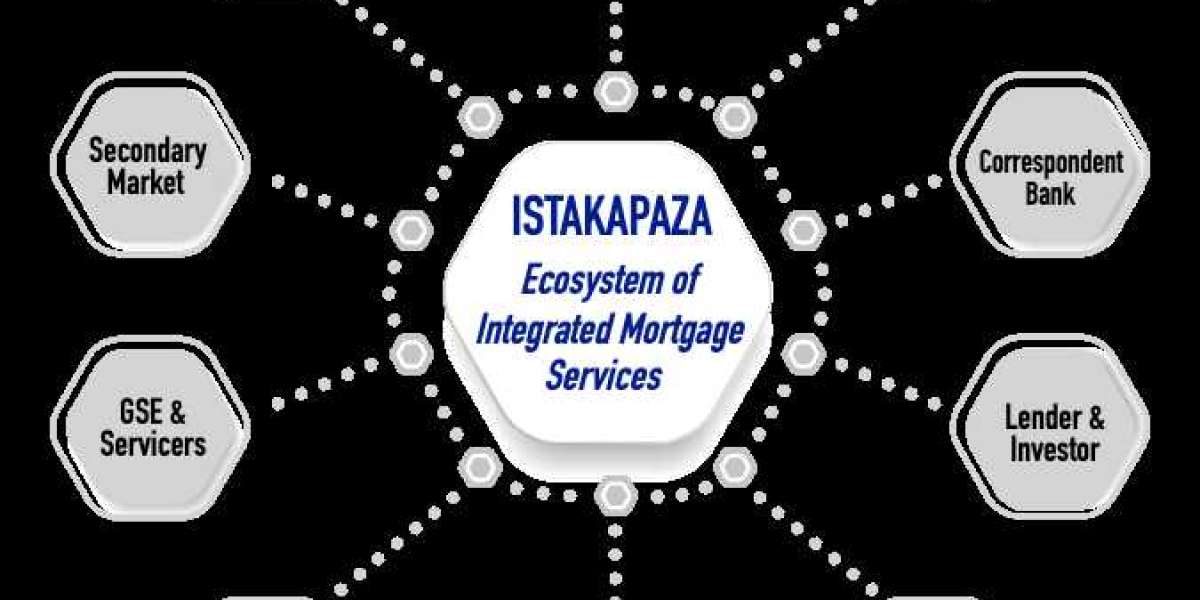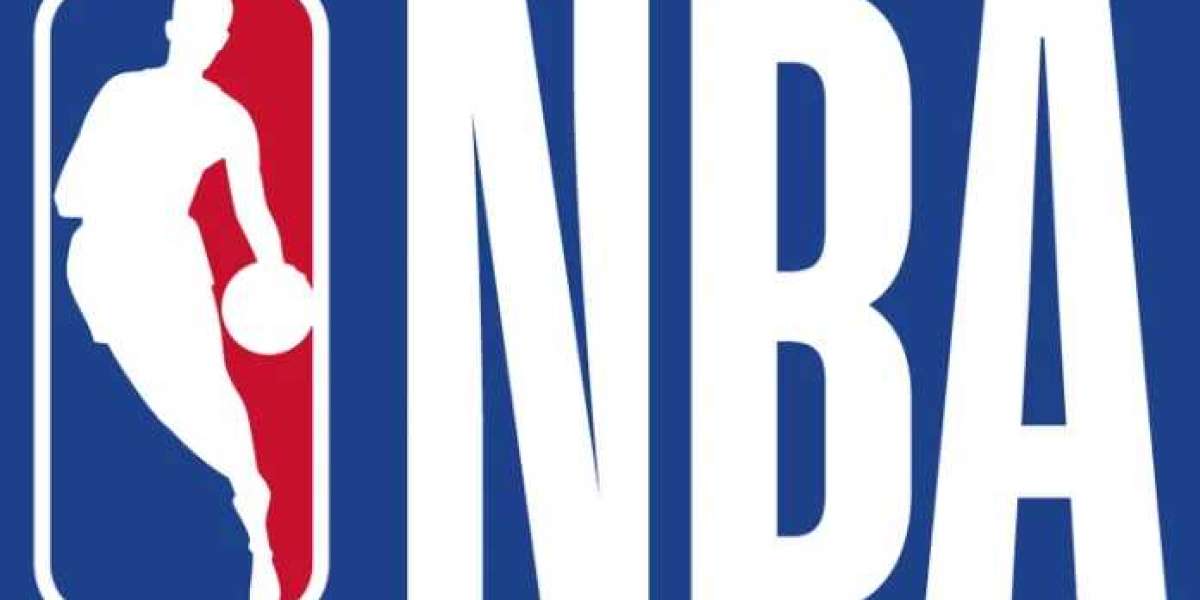In the ever-evolving landscape of finance and real estate, the traditional mortgage process has long been plagued by inefficiencies, paper-based documentation, and concerns over data security. However, the emergence of digital mortgage blockchain platforms is poised to revolutionize the industry by offering a secure, transparent, and streamlined alternative for borrowers, lenders, and other stakeholders.
At its core, a digital mortgage blockchain platform leverages blockchain technology to facilitate and automate various stages of the mortgage lifecycle, from loan origination and underwriting to closing and servicing. By harnessing the decentralized, tamper-proof nature of blockchain, these platforms offer several key advantages over traditional mortgage processes.
One of the primary benefits of digital mortgage blockchain platforms is the enhanced security and transparency they provide. Unlike traditional databases, which are vulnerable to hacking and tampering, blockchain technology creates a secure and immutable record of mortgage transactions. This means that sensitive borrower information, such as income, credit history, and property details, can be stored on the blockchain in a transparent and tamper-proof manner, reducing the risk of data breaches and fraud.
Moreover, digital mortgage blockchain platforms offer increased efficiency and cost savings by automating manual processes and reducing the need for intermediaries. Smart contracts, self-executing contracts with the terms of the agreement directly written into code, play a central role in streamlining mortgage transactions on these platforms. For example, smart contracts can automatically verify borrower information, trigger loan disbursements, and record property ownership transfers, all without the need for human intervention. This not only accelerates the mortgage approval process but also reduces administrative overhead and lowers transaction costs for borrowers and lenders alike.
Furthermore, digital mortgage blockchain platforms promote greater accessibility and inclusivity in the mortgage market by overcoming barriers to entry and expanding access to financing. By digitizing the mortgage process and eliminating the need for physical paperwork, these platforms make it easier for borrowers to apply for and obtain mortgages, particularly for underserved populations such as first-time homebuyers and individuals with limited credit history. Additionally, blockchain technology enables fractional ownership and tokenization of mortgages, allowing investors to participate in mortgage-backed securities and diversify their portfolios with real estate assets.
In addition to benefiting borrowers and lenders, digital mortgage blockchain platforms offer advantages for regulators and policymakers by enhancing transparency, compliance, and risk management. Regulators can access real-time, immutable data on mortgage transactions, enabling more effective monitoring and oversight of the mortgage market. Moreover, blockchain technology facilitates the implementation of Know Your Customer (KYC) and Anti-Money Laundering (AML) procedures, helping to mitigate the risk of financial crime and ensure the integrity of the mortgage process.
Despite their potential benefits, digital mortgage blockchain platforms face challenges such as regulatory uncertainty, interoperability issues, and concerns about data privacy and security. However, as governments, financial institutions, and technology providers collaborate to address these challenges, the adoption of digital mortgage blockchain platforms is expected to accelerate in the coming years.
In conclusion, digital mortgage blockchain platforms represent a paradigm shift in the mortgage industry, offering a secure, transparent, and efficient alternative to traditional mortgage processes. By harnessing the power of blockchain technology, these platforms have the potential to unlock new opportunities for borrowers, lenders, investors, and regulators alike, ultimately driving greater efficiency, inclusivity, and trust in the mortgage market.







